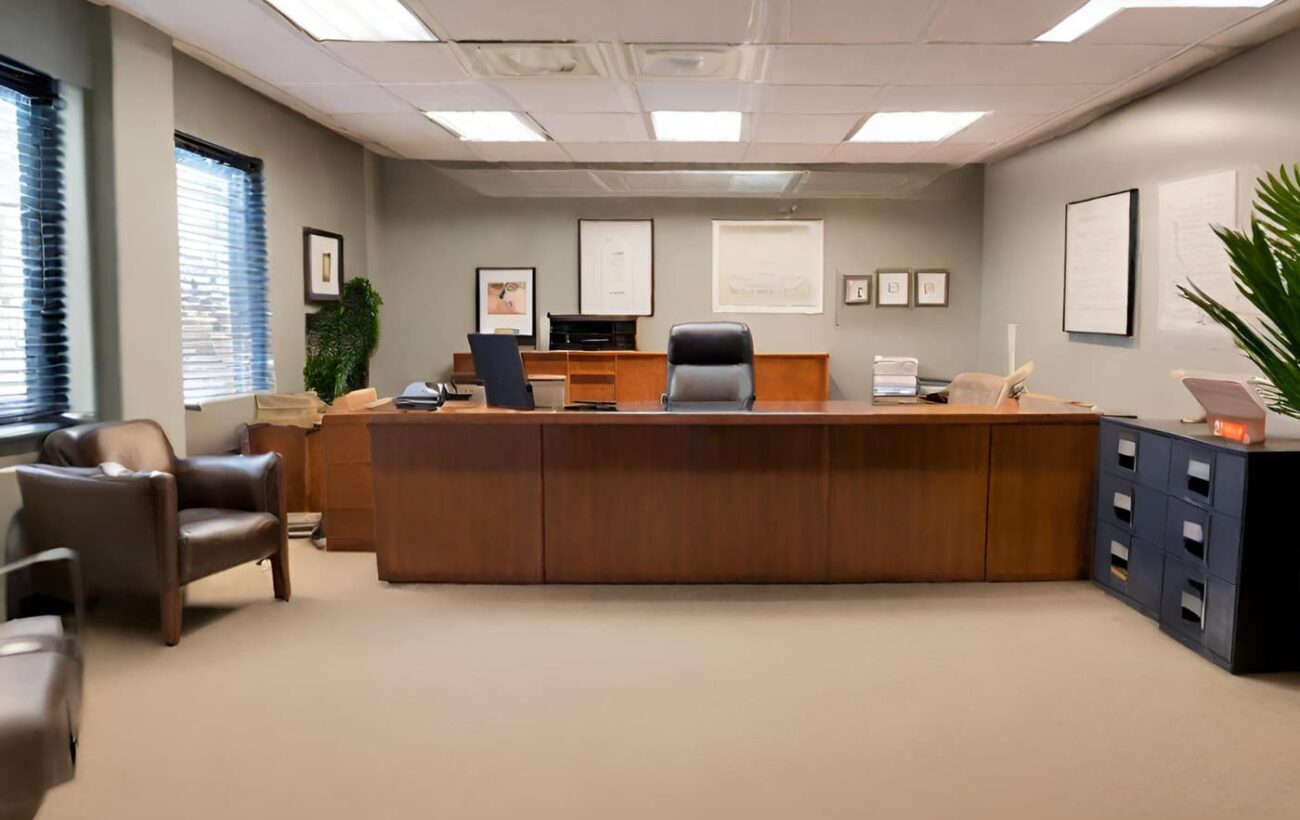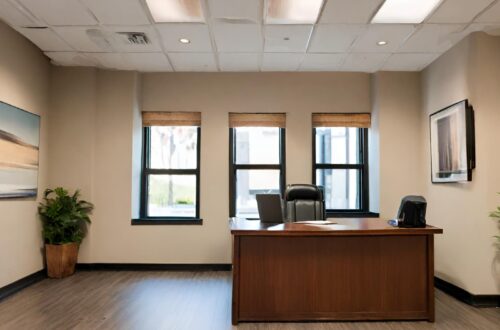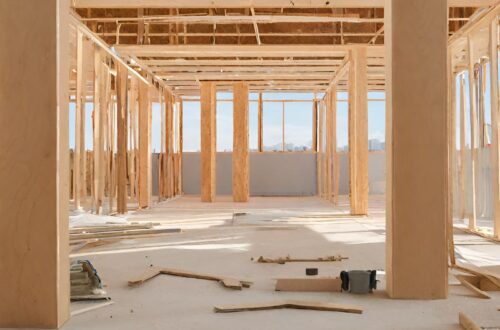Suffering a spinal fracture due to an accident is a life-altering event that can lead to significant physical, emotional, and financial challenges. In this article, we will explore the intricate process of navigating spinal fracture lawsuits, shedding light on the complexities involved and the importance of seeking legal representation from experienced Westchester spinal fracture lawyer. Additionally, we’ll discuss the relevance of slip and fall accidents in spinal fracture cases and how they intertwine within the legal framework.
Understanding Spinal Fractures
A spinal fracture occurs when one or more vertebrae in the spine break or collapse, often resulting from severe trauma or forceful impact. These injuries can have severe consequences, including chronic pain, paralysis, loss of sensation, and impaired mobility. Spinal fractures can occur in various situations, such as motor vehicle accidents, falls from heights, sports injuries, and workplace accidents.
The severity of a spinal fracture depends on factors such as the location of the injury, the extent of damage to surrounding tissues and nerves, and the overall health of the individual. In some cases, spinal fractures may require surgical intervention, spinal fusion, or long-term rehabilitation to restore function and alleviate symptoms.
Legal Recourse for Spinal Fracture Victims
Spinal Fracture Lawsuits
Individuals who sustain spinal fractures due to the negligence or wrongful actions of others may pursue compensation through spinal fracture lawsuits. These lawsuits typically fall under the category of personal injury law and seek to hold liable parties accountable for their negligence or misconduct.
Spinal fracture lawsuits may arise in various contexts, including:
- Motor vehicle accidents caused by reckless or distracted driving.
- Slip and fall accidents on hazardous premises, such as wet floors or uneven surfaces.
- Workplace accidents involving falls from heights, heavy lifting, or machinery malfunctions.
- Sports or recreational activities resulting in spinal injuries due to inadequate safety measures or supervision.
To succeed in a spinal fracture lawsuit, the plaintiff (injured party) must establish the following elements:
- Duty of Care: The defendant (negligent party) owed a duty of care to the plaintiff to prevent foreseeable harm, such as maintaining safe premises or exercising reasonable caution on the road.
- Breach of Duty: The defendant breached their duty of care through negligent actions or omissions, such as failing to maintain a safe environment or adhere to traffic laws.
- Causation: The defendant’s breach of duty directly caused the plaintiff’s spinal fracture, without which the injury would not have occurred.
- Damages: The plaintiff suffered actual damages, such as medical expenses, lost wages, pain and suffering, and diminished quality of life, as a result of the spinal fracture.
Role of Slip and Fall Accidents
Slip and fall accidents are a common cause of spinal fractures, especially among older adults and individuals with mobility impairments. These accidents can occur on various premises, including public sidewalks, retail stores, restaurants, and residential properties.
In slip and fall cases involving spinal fractures, the following factors may contribute to liability:
- Hazardous Conditions: Property owners have a duty to maintain safe premises and promptly address hazardous conditions that could lead to slip and fall accidents, such as wet floors, icy sidewalks, or loose handrails.
- Negligent Maintenance: Failure to repair or warn of dangerous conditions, such as broken stairs, uneven surfaces, or inadequate lighting, may constitute negligence on the part of the property owner or manager.
- Lack of Warning Signs: Failing to provide adequate warning signs or barriers around hazardous areas increases the risk of slip and fall accidents and may be considered negligent behavior.
Seeking legal representation from experienced slip and fall lawyer Westchester County NY is crucial for spinal fracture victims pursuing compensation for their injuries. Slip and fall lawyers specialize in premises liability cases and possess the knowledge and expertise to navigate the complexities of these claims, advocate for their clients’ rights, and pursue maximum compensation for their damages. By partnering with slip and fall lawyers, spinal fracture victims can ensure that their legal rights are protected and that they receive the support and resources needed to recover from their injuries.
Seeking Legal Representation
Navigating spinal fracture lawsuits requires specialized legal expertise and experience in handling complex personal injury cases. Spinal fracture lawyers possess the knowledge, resources, and advocacy skills necessary to pursue maximum compensation for their clients’ damages.
Spinal fracture lawyers play several essential roles in the legal process, including:
- Case Evaluation: Assessing the merits of the case, gathering evidence, and determining liability against responsible parties.
- Medical Expertise: Consulting with medical experts to evaluate the extent of the plaintiff’s injuries, prognosis, and long-term medical needs.
- Negotiation: Engaging in settlement negotiations with insurance companies and defense attorneys to reach fair and just compensation for the plaintiff’s damages.
- Litigation: Representing clients in court proceedings, presenting evidence, and advocating for their rights and interests before judges and juries.
Conclusion
Spinal fractures are serious injuries that can have profound and lasting effects on victims’ lives. Navigating the complexities of spinal fracture lawsuits requires skilled legal representation and a thorough understanding of personal injury law.
By seeking assistance from experienced spinal fracture lawyers, victims can pursue justice and fair compensation for their damages, holding negligent parties accountable for their actions. Additionally, recognizing the role of slip and fall accidents in spinal fracture cases highlights the importance of premises liability and property owner accountability in preventing such injuries.
Ultimately, advocating for the rights of spinal fracture victims ensures that they receive the support, care, and resources needed to rebuild their lives and move forward from the devastating impact of their injuries.



